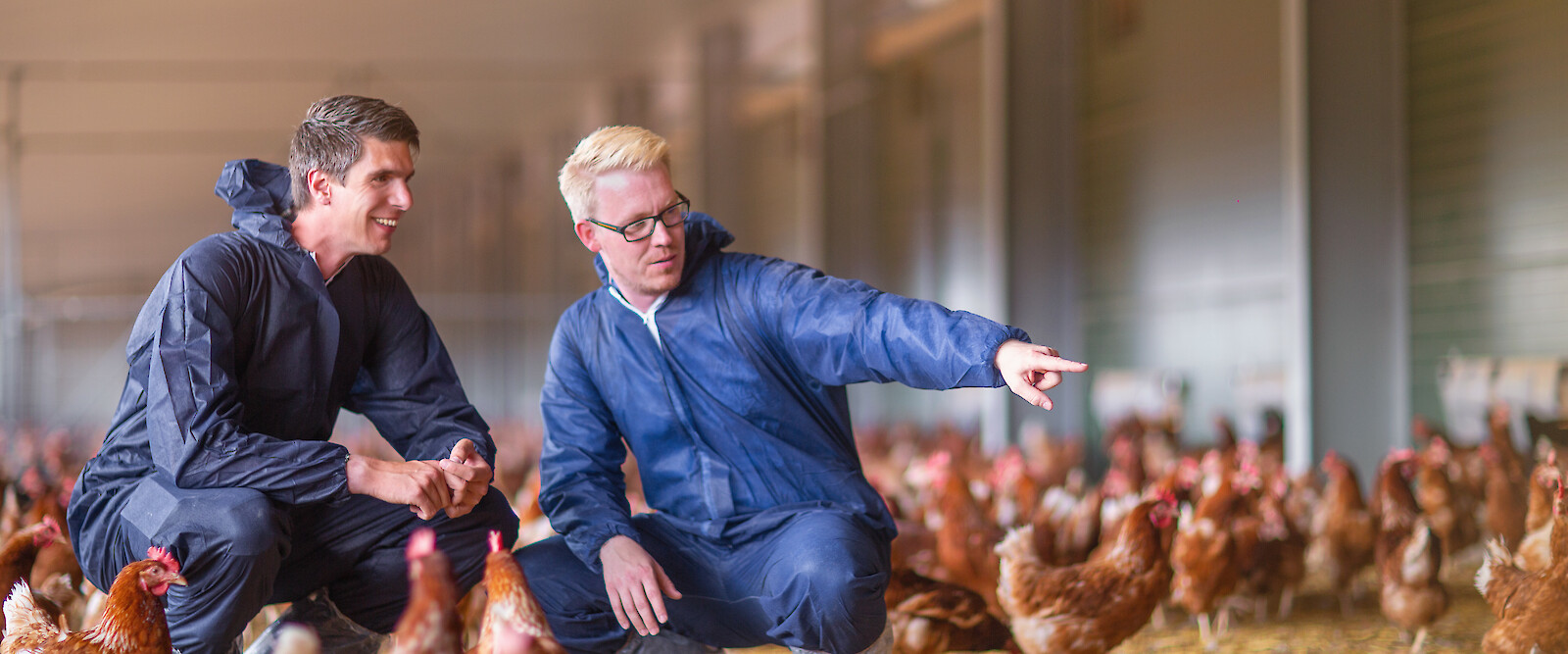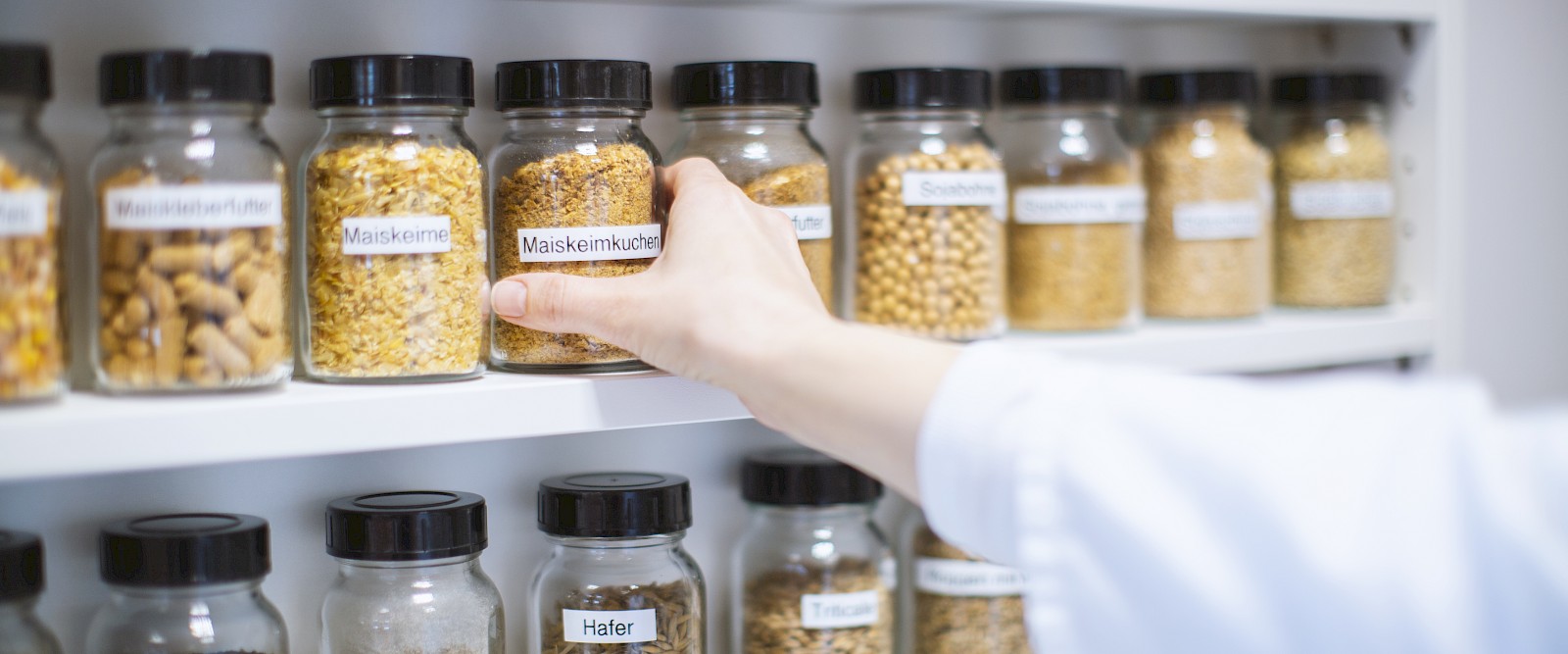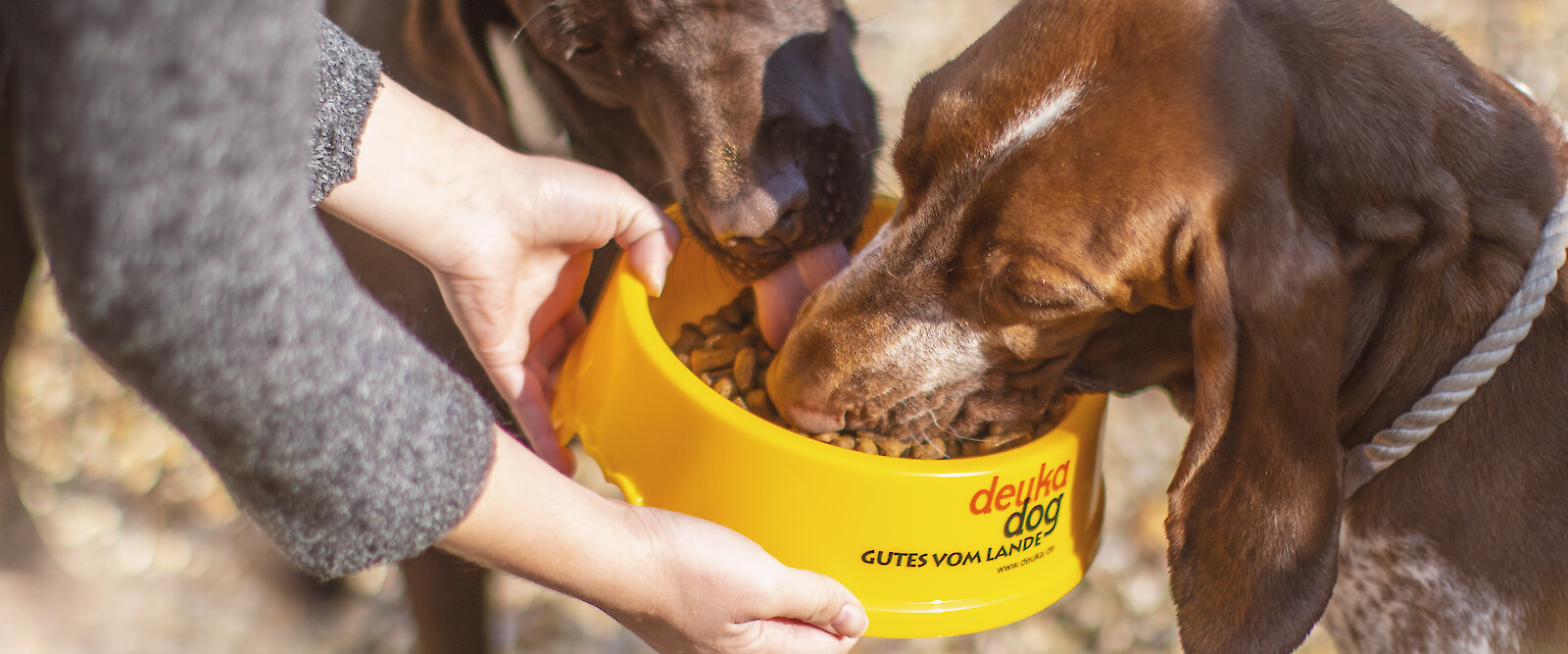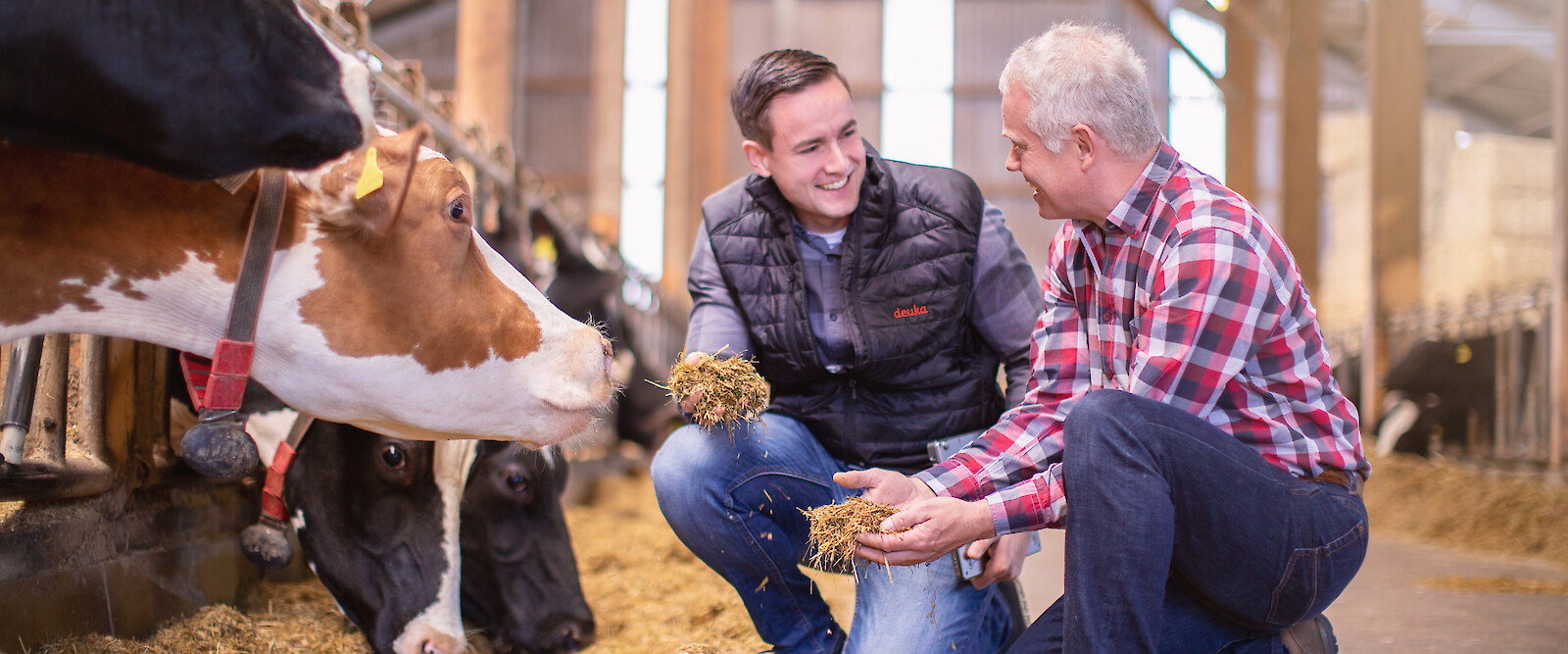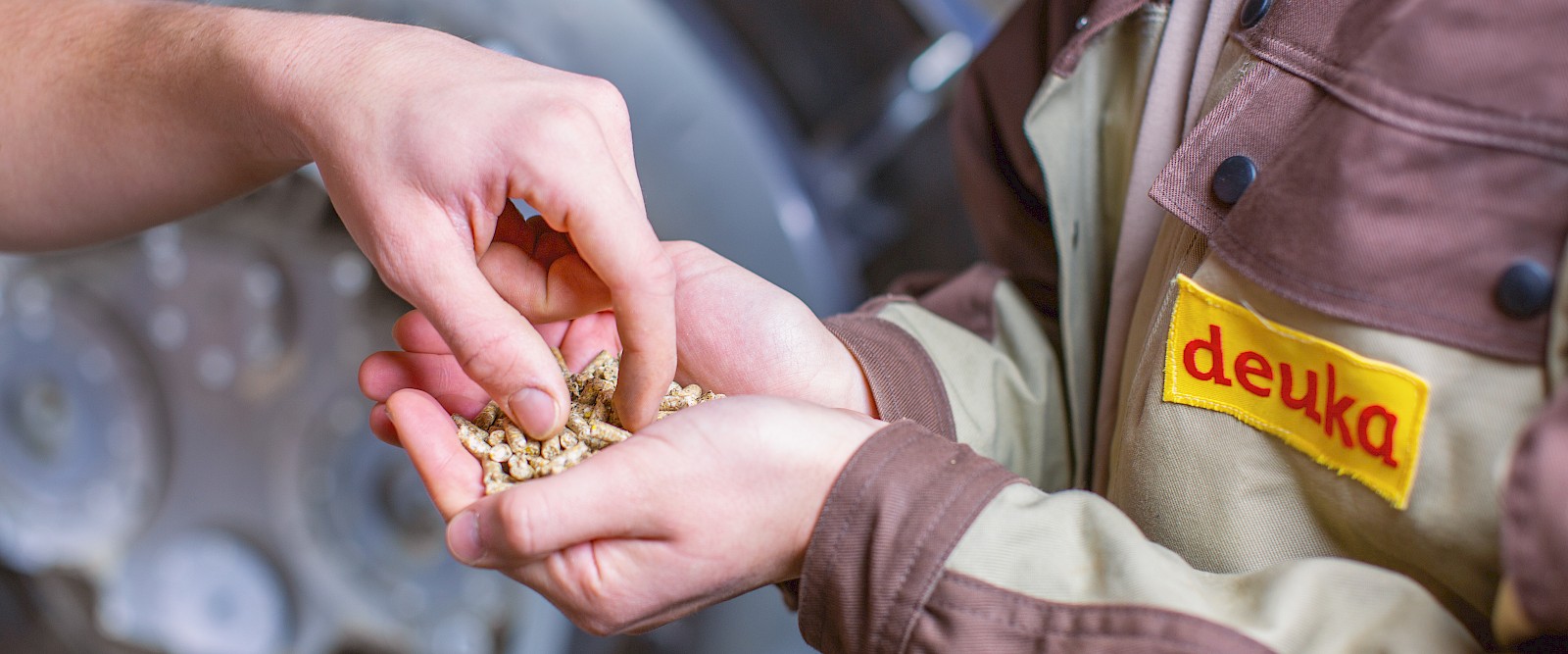Raw material and nutrient lexicon
Vitamin A
Vitamin A is also called the "epithelial protection vitamin" because of its important role in building, protecting and regenerating skin and mucous membranes. In the area of fertility, vitamin A improves ovulation and implantation of eggs, promotes embryonic and fetal development and has a positive influence on hormonal pregnancy activation. Vitamin A has a regulating influence on growth and differentiation processes in cell metabolism. Resistance to infectious diseases is improved by increased antibody formation. Vitamin A deficiency can lead to negative changes in the skin and mucous membranes, egg maturation may be delayed and embryos may die. Vitamin A can be stored in the liver of the animals. However, the storage capacity is on average lower in young animals than in adult animals, which means that a vitamin A deficiency in young animals leads to disease much more quickly. Vegetable feedstuffs contain ß-carotene, which can be converted into vitamin A as a precursor. The effectiveness of the conversion into vitamin A is very animal species-specific and depends on the level of intake. Vitamin A itself is only found in animal products.
